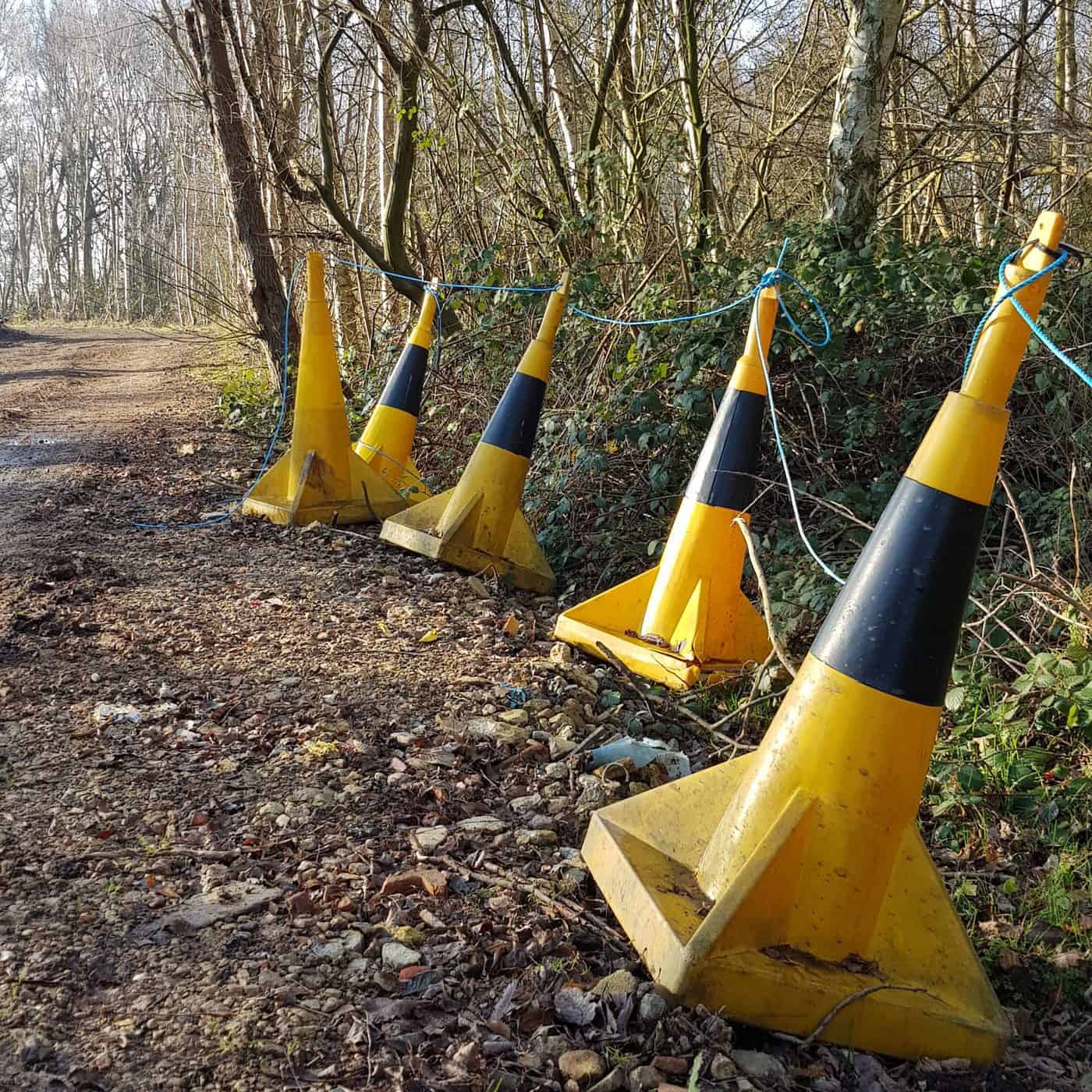
As part of our Passover preparations, we listened to the Exodus story (Exodus 1-15) using the NIVUK version on Biblegateway, streaming the audio read by David Suchet (aka Poirot) from my phone over breakfast and in the car. Afterwards, as we began to reflect on the story, my 6yo ask:
Why did Joseph’s family stay in Egypt? Why didn’t they just go home after the famine ended?
Such a good question! Have you ever wondered that? I didn’t know the answer, so we looked back into the last chapter of Genesis to read about how they went back to Cannan to bury Jacob, but returned to Egypt, where Joseph lived to be 110 years ago. But just before he died, he said something interesting:
‘I am about to die. But God will surely come to your aid and take you up out of this land to the land he promised on oath to Abraham, Isaac and Jacob.’ Genesis 50:24
He was anticipating his family leaving Egypt. But why didn’t they just leave then?
The next part of the story is in Exodus chapter 1 where it says:
Now Joseph and all his brothers and all that generation died, but the Israelites were exceedingly fruitful; they multiplied greatly, increased in numbers and became so numerous that the land was filled with them. Exodus 1:6,7
They were exceedingly fruitful – God blessed them! They were successful in what they did. And it was this which made a new Pharaoh afraid of them.
Then a new king, to whom Joseph meant nothing, came to power in Egypt. ‘Look,’ he said to his people, ‘the Israelites have become far too numerous for us. Come, we must deal shrewdly with them or they will become even more numerous and, if war breaks out, will join our enemies, fight against us and leave the country.’
So they put slave masters over them to oppress them with forced labour, and they built Pithom and Rameses as store cities for Pharaoh. But the more they were oppressed, the more they multiplied and spread; so the Egyptians came to dread the Israelites and worked them ruthlessly. They made their lives bitter with harsh labour in brick and mortar and with all kinds of work in the fields; in all their harsh labour, the Egyptians worked them ruthlessly. Exodus 1:8-14
Having been successful, they suddenly fall out of favour and become slaves! This is of course, reminiscent of other eras in Jewish history, most notably with Hitler. It’s also something I recognise in our life story over the last few years, and I’ve also had the question: Why did we stay? We didn’t we leave?
Knowing they were planning to leave is interesting, but it still doesn’t answer the question: Why didn’t Joseph’s family go home after the famine ended?
I don’t think we know the answer for certain, as the Bible doesn’t seem to say. But if we look back a few more chapters to when Jacob leaves Canaan, we find this:
So Israel set out with all that was his, and when he reached Beersheba, he offered sacrifices to the God of his father Isaac.
And God spoke to Israel in a vision at night and said, ‘Jacob! Jacob!’
‘Here I am,’ he replied.
‘I am God, the God of your father,’ he said. ‘Do not be afraid to go down to Egypt, for I will make you into a great nation there. I will go down to Egypt with you, and I will surely bring you back again. And Joseph’s own hand will close your eyes.’ Genesis 46:1-4
Notice that the desert of Beersheba is also the place where Hagar wanders with her son, Ishmael, when Jacob sends them away, and Beersheba is where Jacob makes a significant treaty, worships God and stays for quite a while (read about it here). It’s also a place where God appears to Jacob and makes promises to him (Exodus 26:23-25), and it’s when Jacob leaves Beersheba to go to Haran to find a wife that he has the dream at Bethel, in which God promises to make him successful and bring him back to the land.
So when Jacob stops at Beersheba on the way to Egypt, it’s a place where he has met with God on many occasions, and where God has made promises to him regarding his legacy and the land of Canaan. The message he has from God on this final visit to Beersheba is the encouragement to go to Egypt. God says that it is in Egypt that He will make Jacob into a great nation, fulfilling promises made when Jacob was a young man, and that He, Yahweh, will be with him in Egypt, and that he, Yahweh, will bring him back again. This doesn’t happen in Jacob’s lifetime, but first his body is return to Canaan, and then, many years later, his family, now a nation, return to the land God promised to Jacob.
And this is not the first time God made this promise. This is kind of a reminder of the promise God made to Abraham before Jacob was even born:
‘Know for certain that for four hundred years your descendants will be strangers in a country not their own and that they will be enslaved and ill-treated there. 14 But I will punish the nation they serve as slaves, and afterwards they will come out with great possessions. 15 You, however, will go to your ancestors in peace and be buried at a good old age. 16 In the fourth generation your descendants will come back here, for the sin of the Amorites has not yet reached its full measure.’ Genesis 15:12-16
So did God plan for His people to be slaves??!
This promises from God to Abraham still doesn’t quite answer the question, but it does give me some ideas about God:
God is sovereign over the ways of people. He is not surprised by political changes, and His plans to prosper His people are not challenged by human situations, even by the enslavement of a nation. He is powerful to redeem even the worst situation, and will organise things so that His glory is shown to both His people and those around them.
The first Psalm of the Hallel which is sung at Passover, Psalm 113:4-8, says this:
his glory above the heavens.
Who is like the Lord our God,
the One who sits enthroned on high,
who stoops down to look
on the heavens and the earth?
He raises the poor from the dust
and lifts the needy from the ash heap;
he seats them with princes,
with the princes of his people.
God is exalted, glorious, unmatched and enthroned AND He lifts the poor and needy from the dust.
I haven’t completely answered my daughter’s question, but I have discovered more about God. I’m happy with that.
Here’s another view on this question
If you’d like to explore Passover as a family, you might like to look at my Passover workshop, which is a set of curated materials for you to use as much or as little as you want, in a way and at a time which works best for you and your family. See more about it here.
